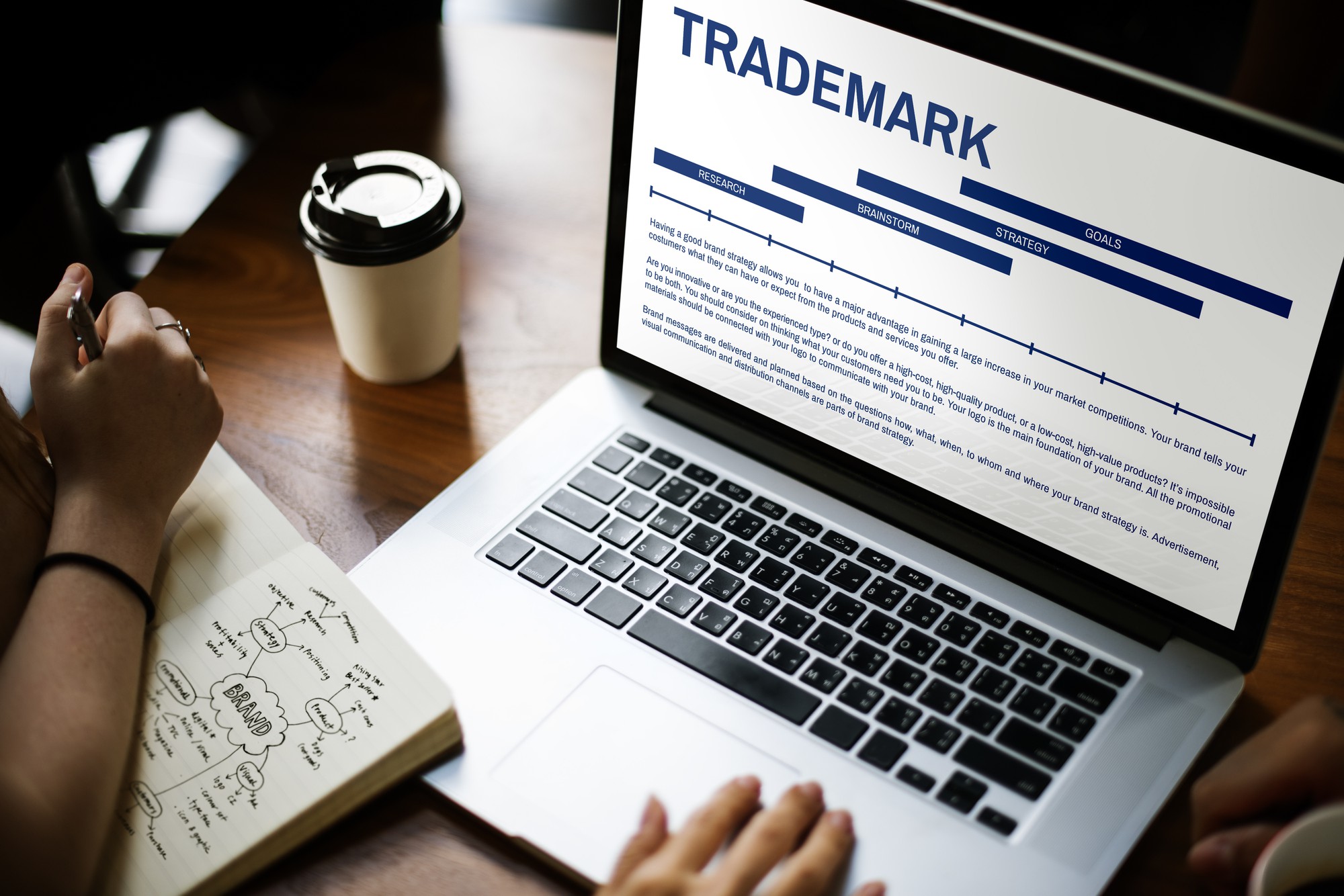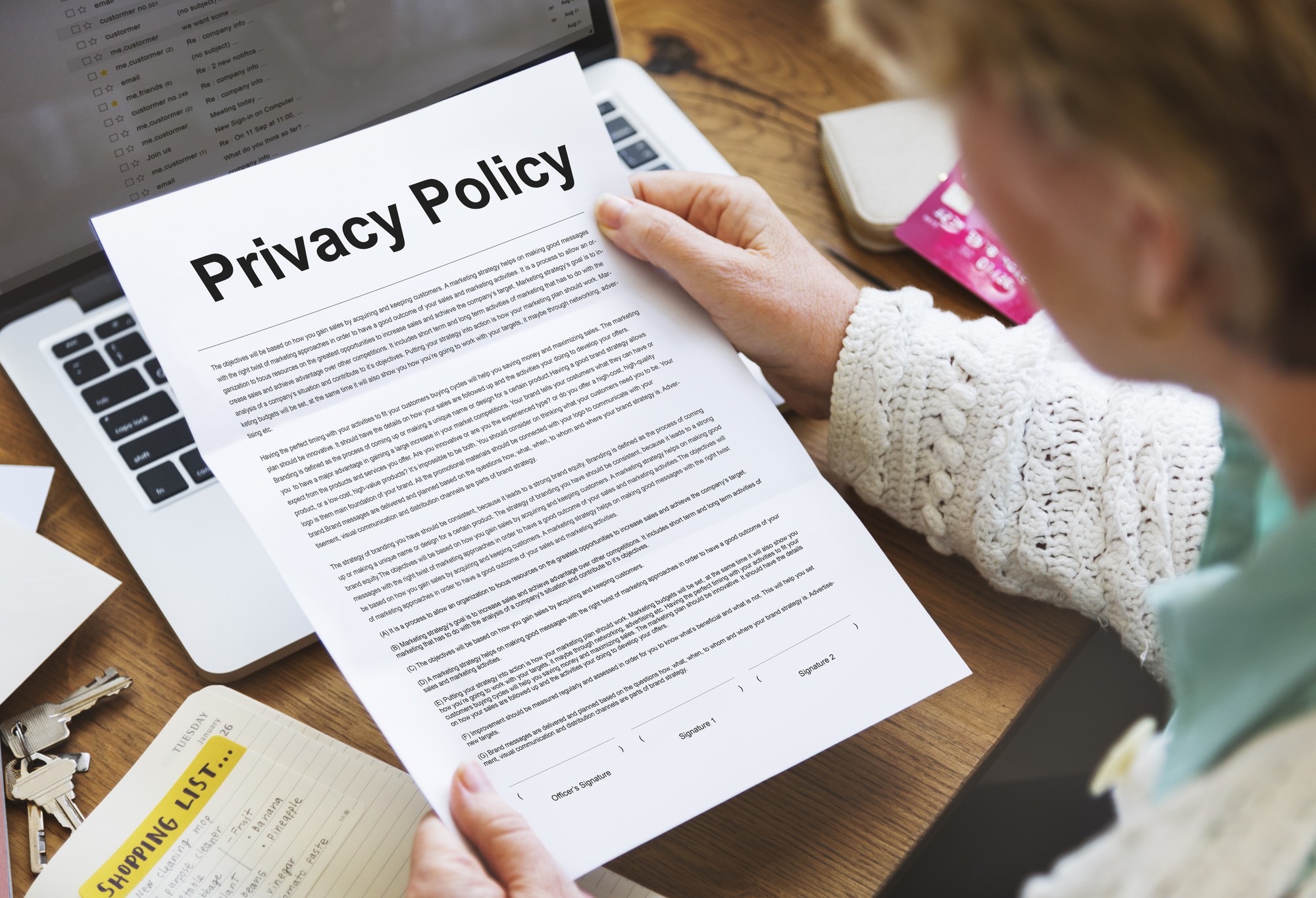Author: sputzig
What to do When you are Asked to Sign a Non-Competition Agreement?

Non-Competition Agreements are enforceable in Michigan. These contracts, sometimes called Covenants-Not-To-Compete, are designed to protect an employer from unfair competition from a former employee or are also used when buying or selling a business or setting up a distribution network. Some estimates are that over 20% of workers in the United States are covered by
Supreme Court Expands Protections for Federal Trademarks

On June 19, 2017, the Supreme Court ruled in Matal v. Tam, that the anti-disparagement provisions of the federal Lanham Act, which governs federal trademark applications, infringes on free speech rights of trademark applicants. The Supreme Court held that Asian-American members of the rock band “The Slants” have the right to trademark their disparaging name
Michigan Court of Appeals Affirms Corporate Limited Liability Protections

Under Michigan law, corporations and limited liability companies (LLCs) are treated as separate and distinct entities or “persons.” Shareholders, owners, and members are presumably not liable for business obligations as a general rule. This enables business shareholders, owners, and members to be free from personal liability for business obligations, liabilities, and debts. However, there is
Does My Business Need to Protect Its Intellectual Property?

Whether your business is retail, service, industrial, or otherwise, its logos, names, products, customers, and business practices may be worth protecting from competitors and former employees. Whether you have a successful business or are just starting out, every business needs to determine what its intellectual property is and whether it is valuable enough to protect.
New Department of Labor Overtime Pay Rules Put on Hold

On Tuesday, November 22nd, a United States District Judge in Texas issued a preliminary injunction blocking the Department of Labor’s new overtime rules nationwide. This essentially places a hold on the new rules, which were set to take effect on December 1st. The blocked rule, issued by the Department of Labor, would have doubled to
New State of Michigan Corporation Online Filing System
The State of Michigan’s Department of Licensing and Regulatory Affairs recently announced the creation of a new Corporation Online Filing System (Online System) to be completed in the Spring of 2016. The Online System modernizes the State of Michigan’s Business Filing Network for all Michigan corporations, partnerships, and LLCs. Currently, Michigan businesses must physically mail
Using Buy-Sell Agreements to Prevent Shareholder Lawsuits

Running a business is risky. One way to mitigate this risk for private companies is a Buy-Sell Agreement among the owners (also commonly called a Shareholder Agreement). Private companies often use Buy-Sell Agreements to protect owners’ interests in the company in the event of death, disability, retirement, or sale. These agreements are also often a
New Periodic Garnishment Legislation

Governor Rick Snyder recently signed into law Public Act 14 of 2015 with important changes to Michigan periodic garnishments, effective immediately. Periodic garnishments now remain in effect until the judgment balance is satisfied, rather than expiring every six months. Fees to employers increase from $6 to $35 per periodic garnishment. In addition, every six months
Using Website Terms and Conditions to Protect Your Business

Terms and conditions for a website are an important legal document for any business. The terms and conditions constitute a license agreement spelling out the rights and obligations in connection with any person’s use of your business website. Despite the fact that terms and conditions are an important and binding legal agreement, many businesses simply
Michigan Real Estate Law: Should I Appeal My Property Tax Assessment?

Time is of the Essence: Now is the time to decide whether to appeal your current residential or industrial/commercial property tax assessment. When you receive your assessment notice for your home or business, should you discuss it with a real estate attorney? If you own industrial/commercial property, the deadline for filing an appeal with the

